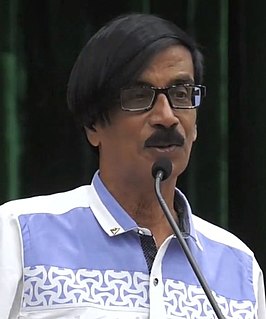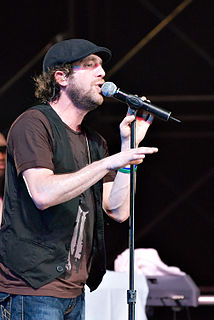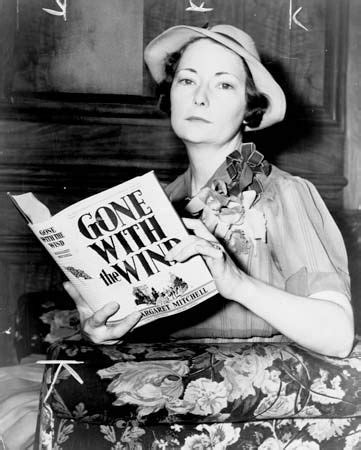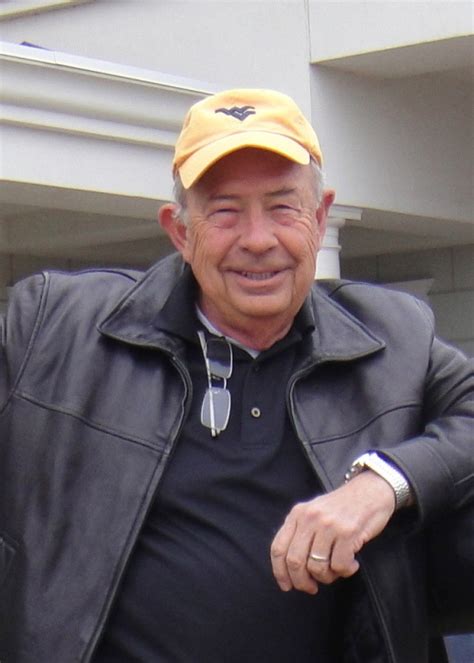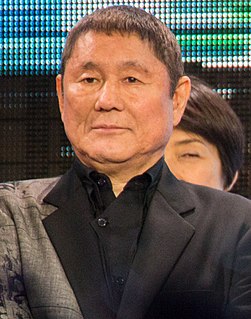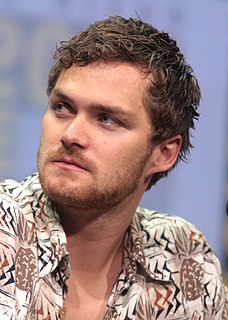A Quote by Elizabeth George
But if you don't understand that story is character and not just idea, you will not be able to breathe life into even the most intriguing flash of inspiration.
Quote Topics
Related Quotes
Fuzzy logic will produce a computer that will even seem to have a personality. It will seem to have a character. It will be able to talk to you. It will be able to translate from one language to another instantaneously. You will be able to give it instructions. You will be able to tell it stories. If it doesn't understand something, it will ask you.
You can, in short, lead the life of the mind, which is, despite some appalling frustrations, the happiest life on earth. And one day, in the thick of this, approaching some partial vision, you will (I swear) find yourself on the receiving end of - of all things - an "idea for a story," and you will, God save you, start thinking about writing some fiction of your own. Then you will understand, in what I fancy might be a blinding flash, that all this passionate thinking is what fiction is about, that all those other fiction writers started as you did, and are laborers in the same vineyard.
I'll tell you what you need to be a great scientist. You don't have to be able understand very complicated things. It's just the opposite. You have to be able to see what looks like the most complicated thing in the world and, in a flash, find the underlying simplicity. That's what you need: a talent for simplicity.
A character does seem to have a life of its own, but I have what I'd describe as a very fluid relationship with them - as I'm thinking of what they will be like, they shift in and out of focus - they are a projection of some idea inside of me, even if a character is inspired by an actual person, I'm well aware that it is not that person. My job is to identify the essence of the character, and to bring them to life long enough to commit the acts, say the words or simply "be" in a way that allows them to affect and be affected by other elements and events in the imaginary world of a story.
If the point of life is the same as the point of a story, the point of life is character transformation. If I got any comfort as I set out on my first story, it was that in nearly every story, the protagonist is transformed. He's a jerk at the beginning and nice at the end, or a coward at the beginning and brave at the end. If the character doesn't change, the story hasn't happened yet. And if story is derived from real life, if story is just condensed version of life then life itself may be designed to change us so that we evolve from one kind of person to another.
I think my sensibilities about storytelling and character just automatically come into play when I'm trying to work on any kind of narrative. For me, it doesn't really matter what the source of the narrative is. I will be looking for ways to make it into an intriguing story with empathetic characters.
Writers shouldn't fall in love with their characters so much that they lose sight of what they're trying to accomplish. The idea is to write a whole story, a whole book. A writer has to be able to look at that story and see whether or not a character works, whether or not a character needs further definition.
I believe you shouldn't force the audience's interpretation of a character or a story. The more you explain things, the less intriguing and imaginable they are for viewers. . . . Film to me, in its essence, in its ultimate nature, is silent. Music and dialogue are there to fill what is lacking in the image. But you should be able to tell the story with moving pictures alone. For my next project, though, I'd like to make the kind of film where the characters blabber all the time.
There's a kind of poetic aspect to inert gas. And remember, first of all, they were completely unknown a hundred years earlier. We just didn't know about them. And then when they were discovered in the atmosphere, the idea that this is a material that would breathe in and exhale and becomes part of us for a while made it even more intriguing. The names, the Greek names, are interesting, too - if you translate neon, xenon and so forth are kind of interesting.


